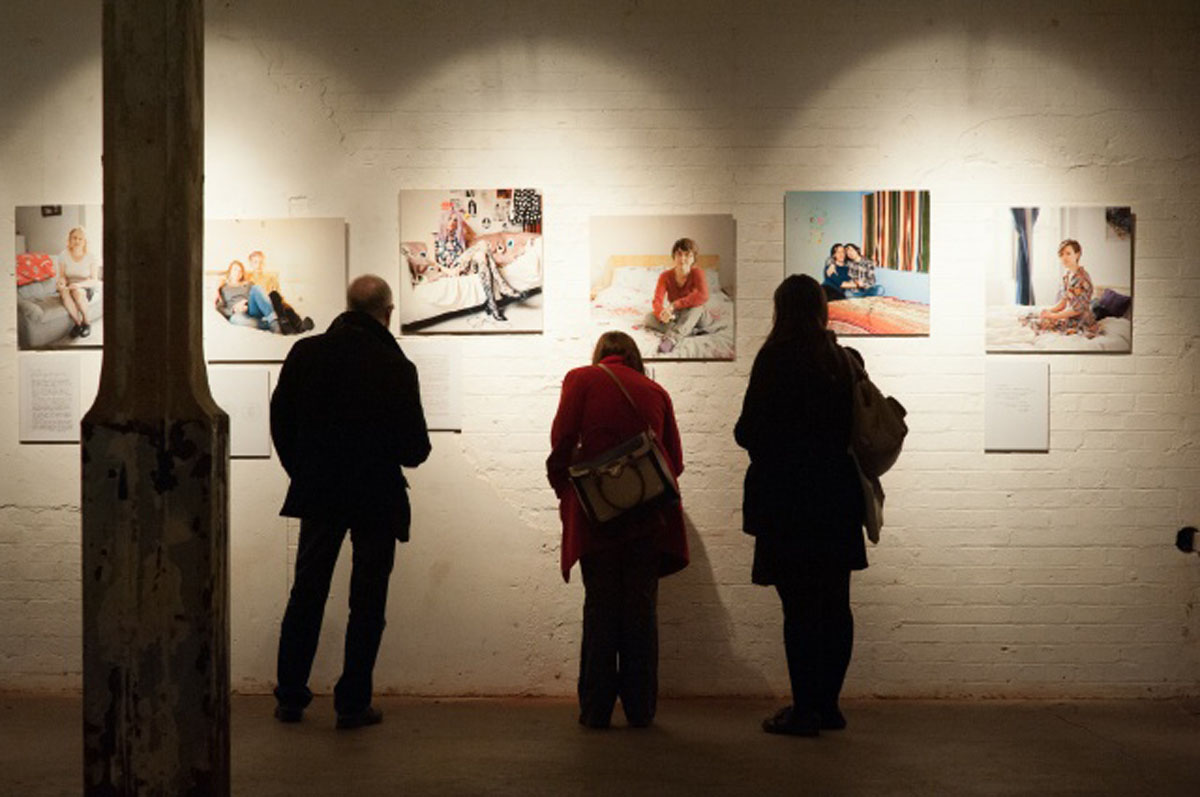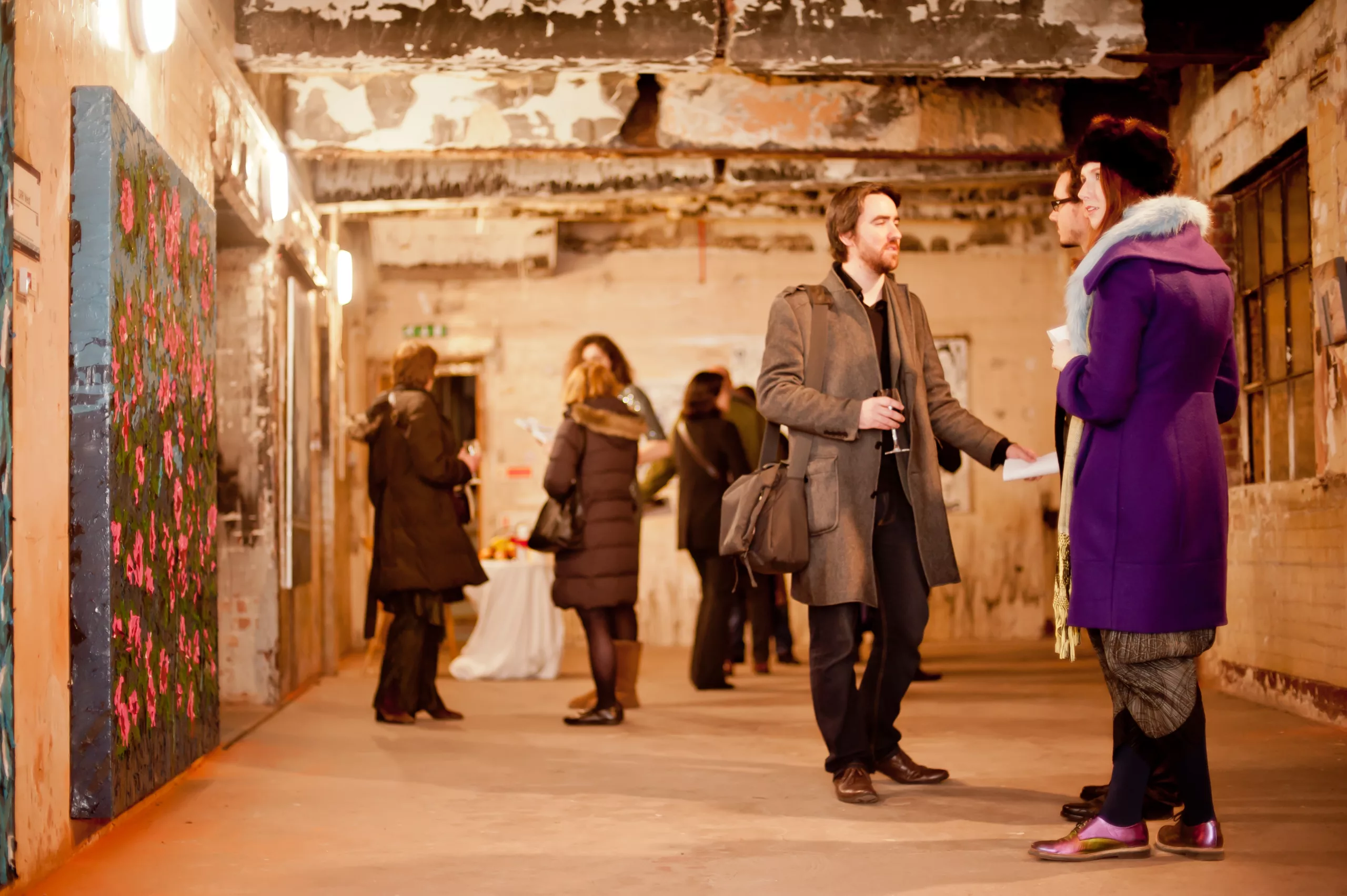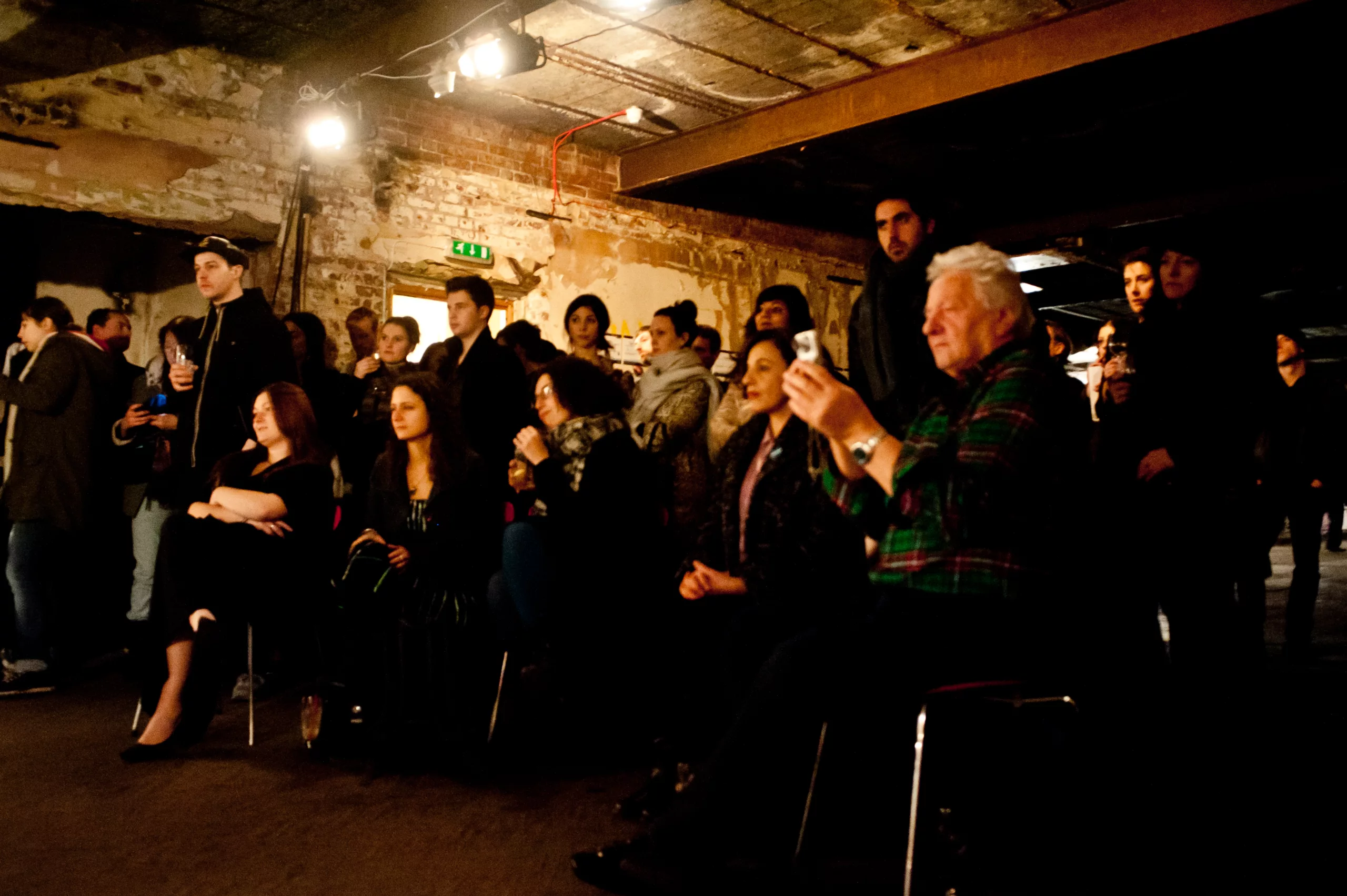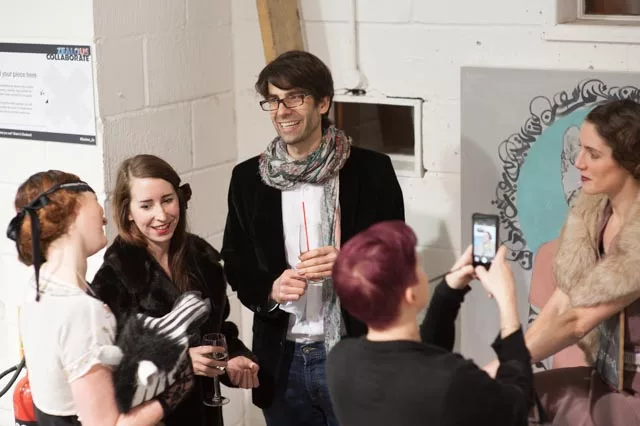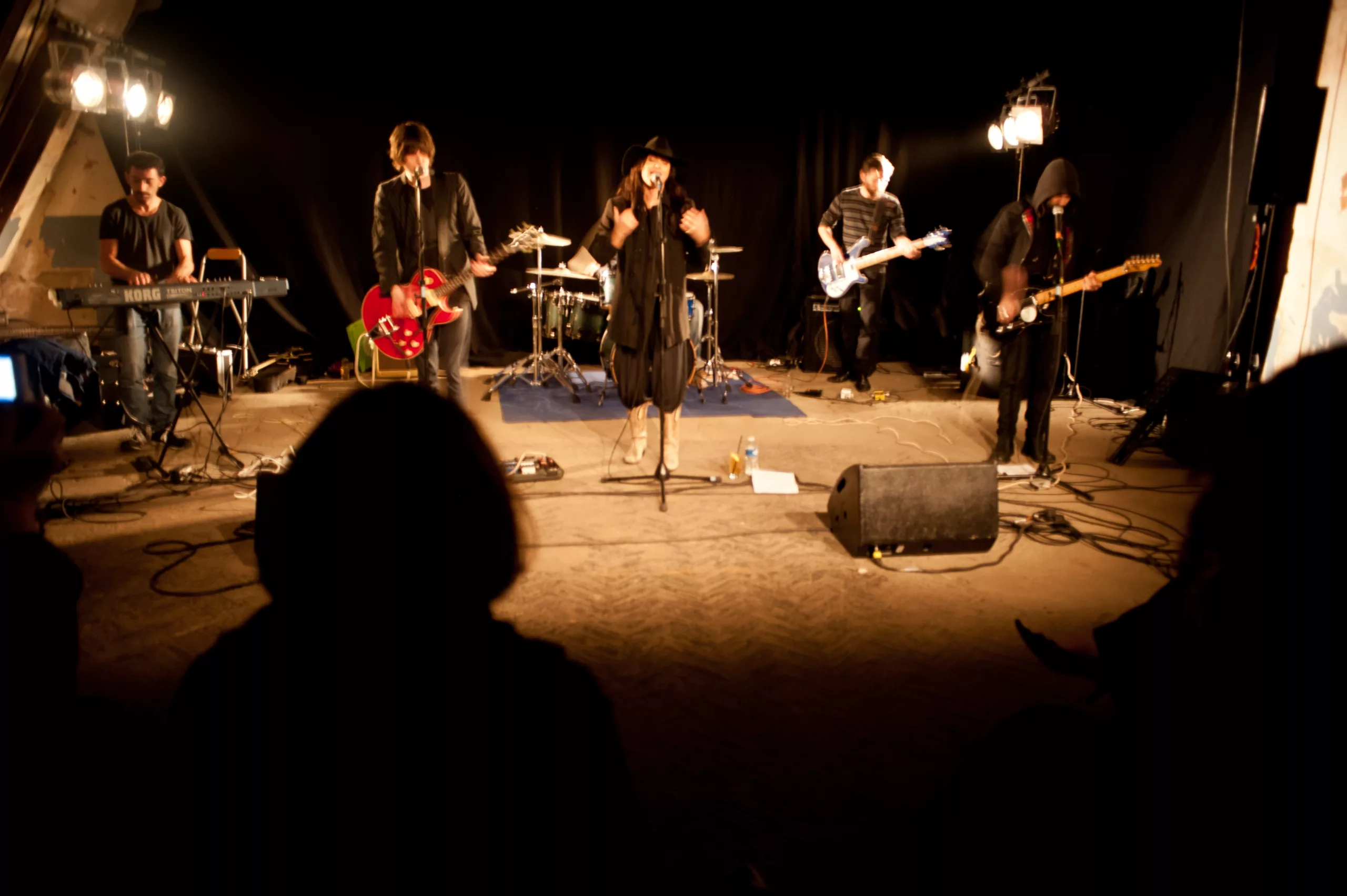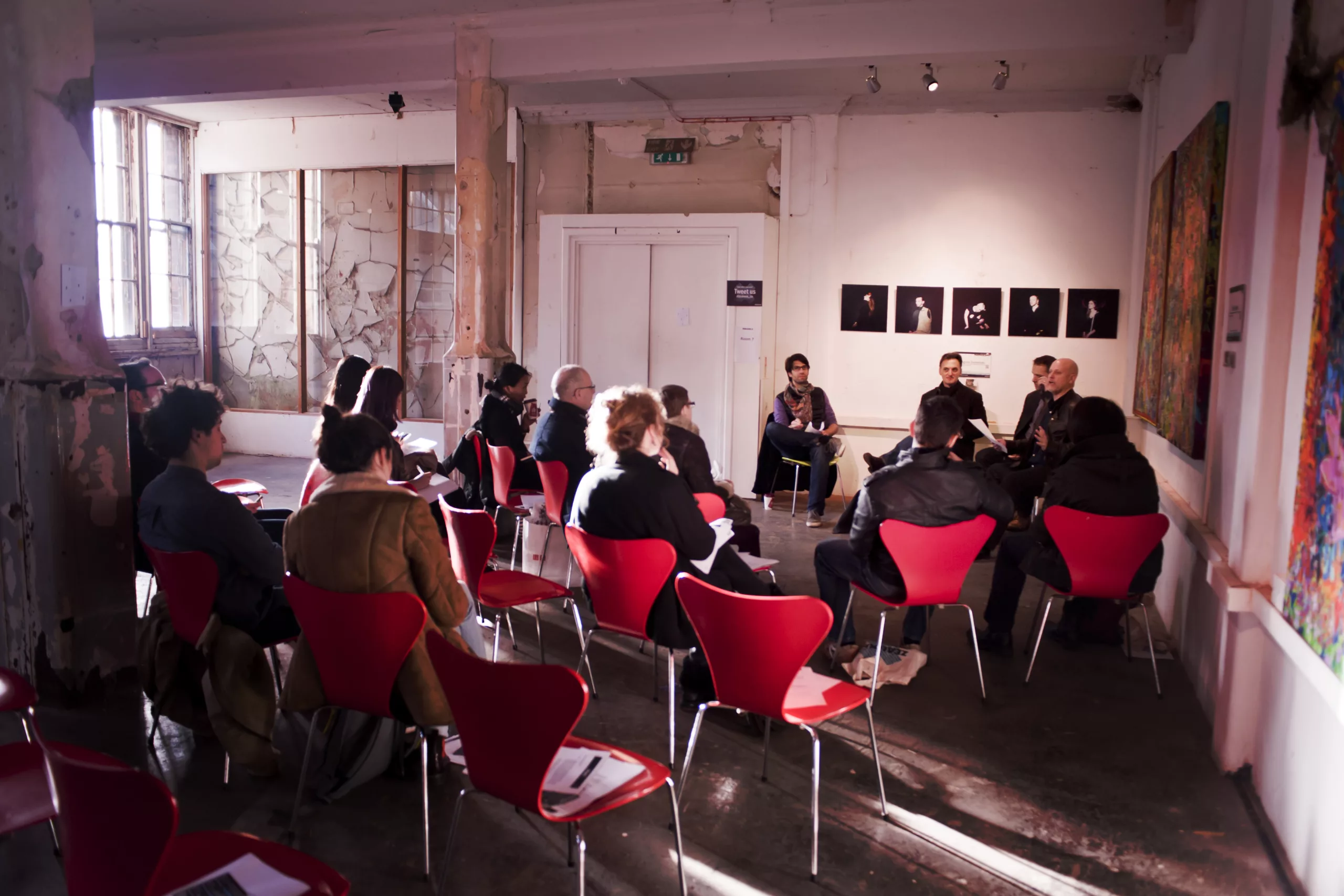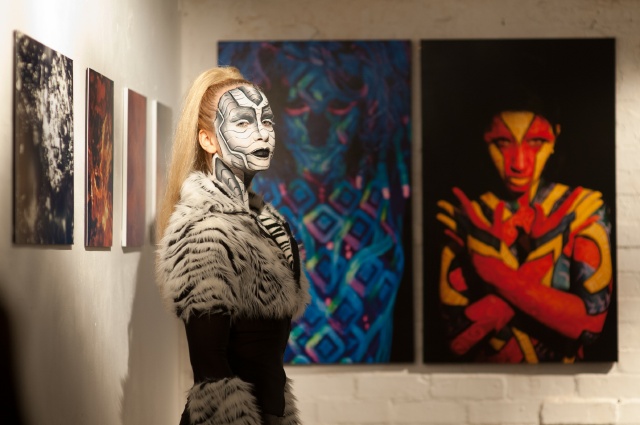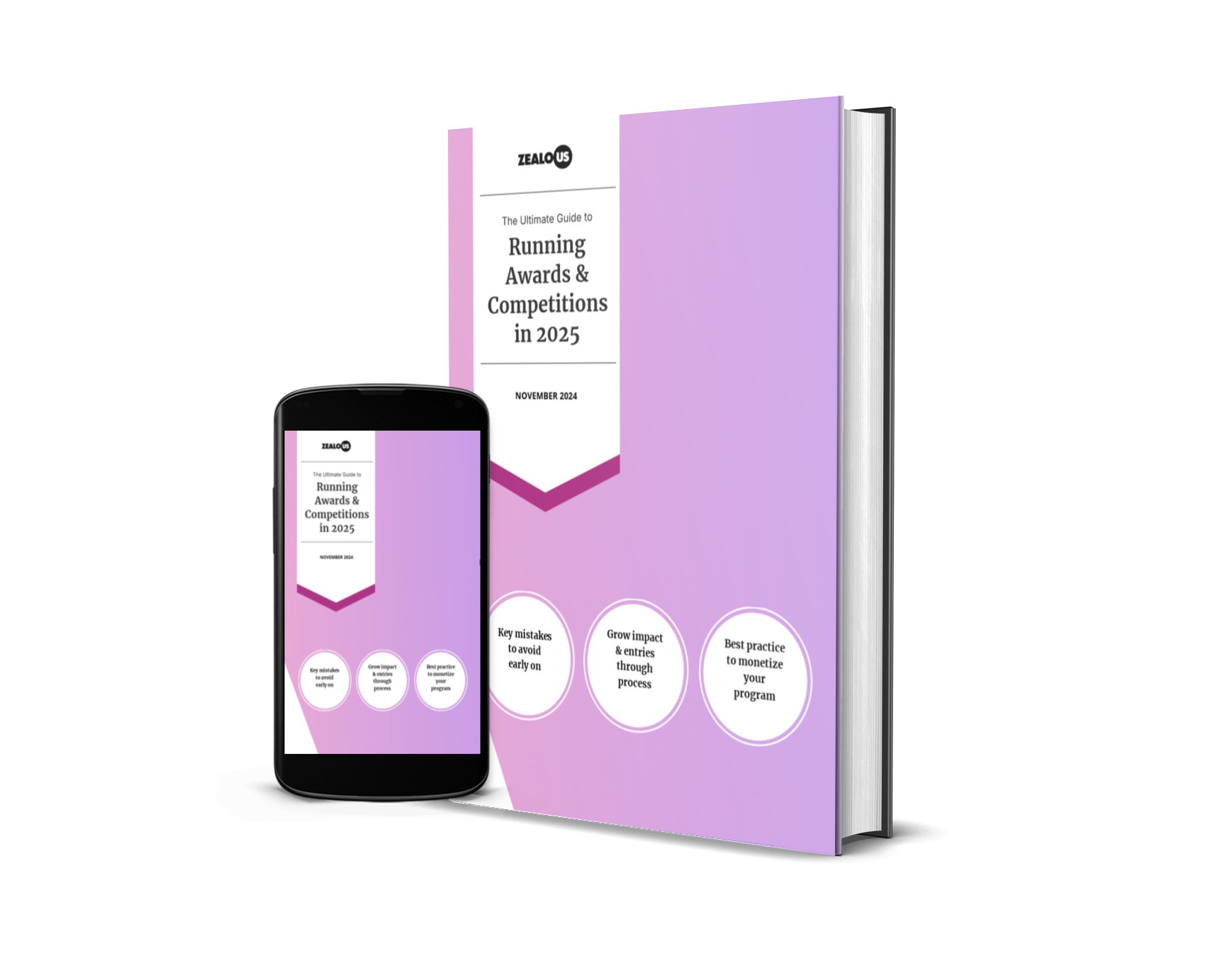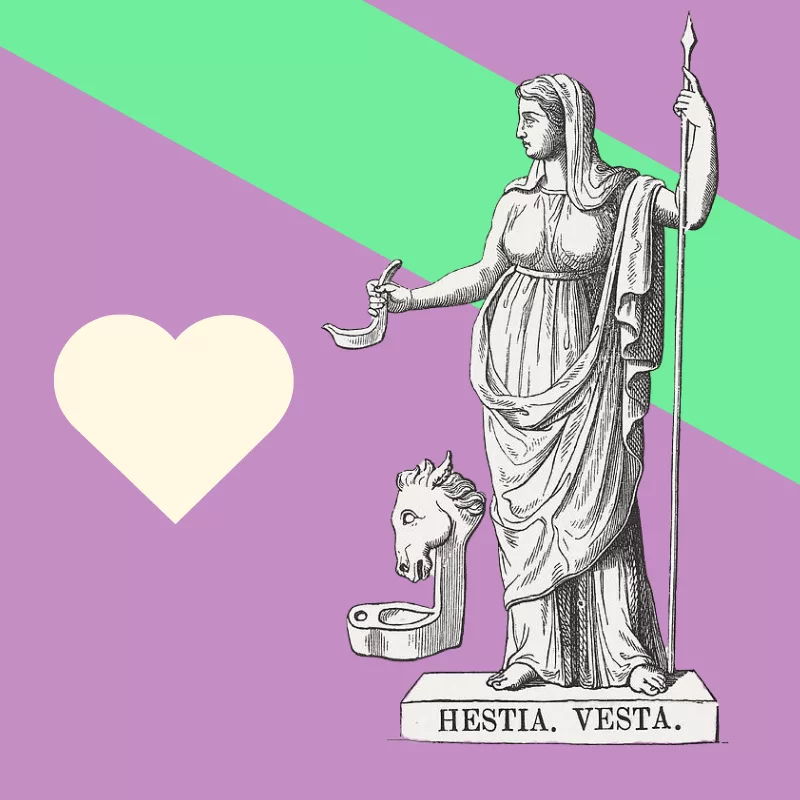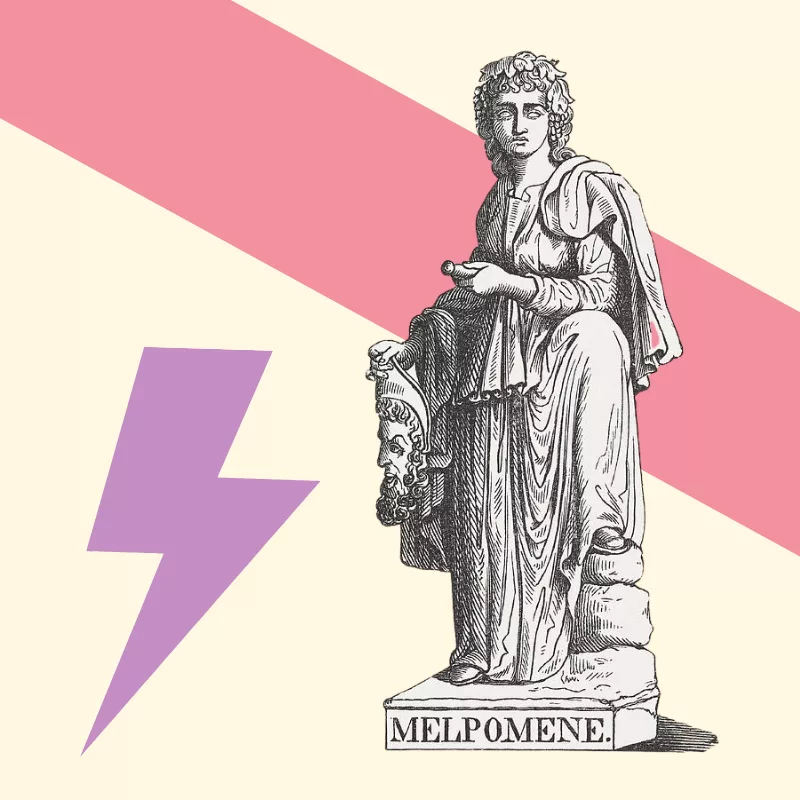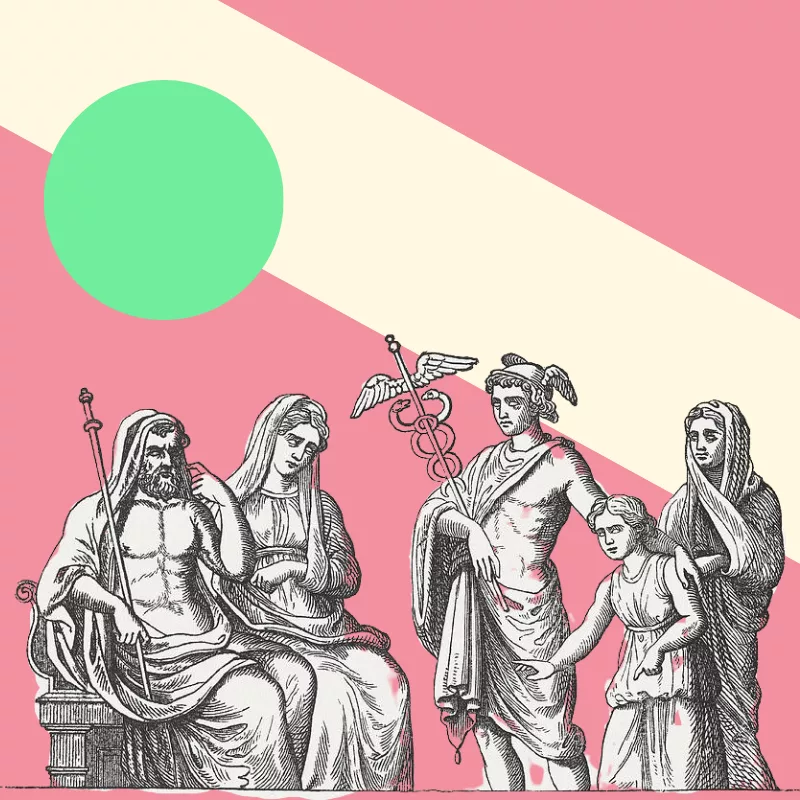Soundbites to those late nights building Zealous
In late 2010, I was sitting in a cupcake shop in Cairo asking myself “What am I good at?” and “What do I love” – two questions masking a bigger intent “What next?”.
I had just sold my stake in the first company I’d founded back to my cofounder. This incredible four-year adventure had uprooted me from London to Cairo, where we’d built the business from shisha bars across the city to a little windowless room, finally into a vibrant agency serving some of the world’s biggest brands (Google, Porsche…).
My cofounder and I lived and breathed a single mission – we shared pretty much everything (even slept in the same room for a whole year). But over time, as we progressed, we started to want to build different futures. He wanted to build the next Accenture; I wanted fewer, more impactful projects. Instead of settling on a middle ground, I felt it was time to move on to a project I could invest the rest of my life in.
What I was good at was easier to answer – people had paid me to code and simplify processes, a skill I’d honed at the London Stock Exchange and throughout my professional life. What I loved was more nuanced.
The answer came into focus with time to think. Creating has always been core to my happiness, yet I had never considered a creative career – society had brainwashed me into thinking that ‘wasn’t a proper job.’ Still, I filled my spare time with a wide variety of creative projects (if you ever need to bridge Shakespearean acting with crafting levels for Quake 3 – I’m the answer).
Want more articles like this?
Give this one a like
Although I didn’t have the courage to become a creative myself, I could do something else: use what I was good at to support those who did. If I couldn’t be a creator, maybe I could build something that helped them succeed.
As I moved back to London in 2011, I threw myself into the creative scene. I started featuring 4 creators a day across social media (a brand new shiny tool at the time) and on my website. Zealous had just been born. This gave me a front row seat to the creative process – getting invited to feedback sessions for plays in the process of being written, doing behind the scenes photography for film, helping artists take pictures of their work and even being an extra in a horror film (for anyone wondering: I’m not a good actor).
I identified a problem. The industry was fragmented and heavily siloed. Whether you were in art, film, or photography, you depended on other crafts to succeed. Artists needed models, models might be actors, film and performance both depended heavily on finding different talent to make projects succeed. But there wasn’t really a place to find collaborators across the industry. The industry ran on word of mouth and little black books.
The seed was planted. I spent the next year building Zealous into a website where creative professionals could find collaborators. It gave users features to upload their portfolios, tag collaborators in their work, and seek out the best talent for future projects.
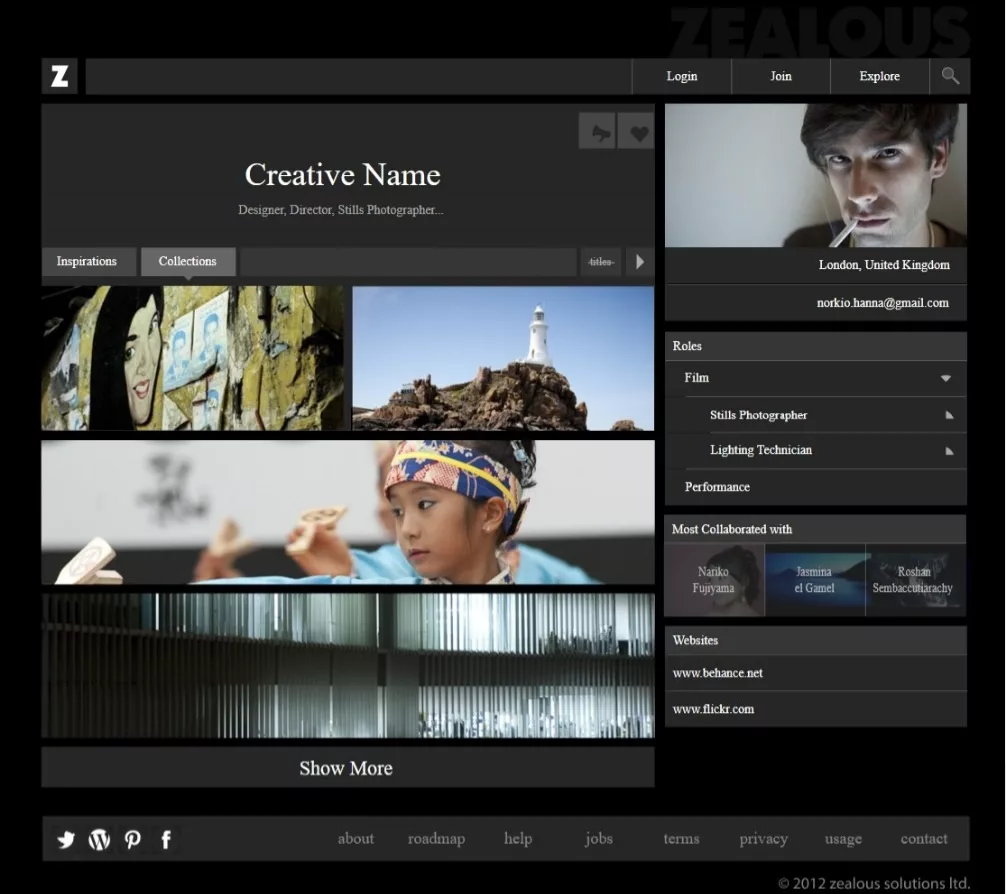
It was a slow failure (even if I got an award for it!). A thousand people joined, created portfolios, and disappeared. I had built something nobody wanted.
This forced me to rethink everything. I asked the users who had registered what they needed. The answer was clear (and obvious now!): money, space, and opportunities to build their careers. I’d been thinking too far up Maslow’s hierarchy of needs.
The question now was ‘how could I create more opportunities for the creative sector?’ (a question that still drives us today). I didn’t have the resources to create enough opportunities to make a meaningful impact. I realised I had to shift from trying to directly help creators, to helping the organisations providing opportunities for them. Our clients were no longer the people we aimed to help.
There was a distinct pattern in how opportunities were run. Programs would open to submissions, then filter entries to select the right candidates. This held true for all programs: residencies, exhibitions, grants, awards… It was a heavily administrative process for organisations, judges and candidates. If I could save everyone time, I could unlock our impact.
What better way to learn the pains of others than to run one ourselves! (I wasn’t going to fix a problem no one was facing again!). In December 2013, we filled a building on the Southbank with 100 creators from across film, music, photography, and art – the culmination of an open call judged across multiple rounds by our community. It was raw, rewarding, and exhausting. It gave us a very clear understanding of the problems at hand whilst celebrating some amazing creators.
Our prototype allowed our tiny team to manage hundreds of submissions and attract exciting judges to support the initiative by cutting down the time they needed to process entries.
That’s what Zealous became: a platform where anyone could run their own opportunity for the creative sector. A submissions management system built to make running programs as efficient and affordable as possible.
Since 2013, we’ve deployed over 300 versions based on feedback from our community. We’ve helped hundreds of organisations run programs that have supported hundreds of thousands of creators (from Saatchi, the British Library, Cass Arts to individuals creating their own initiatives). We’ve even expanded beyond the creative sector, bringing in resources we reinvest back into supporting the arts.
We know that if we save you a minute submitting, you can reinvest it in your work. We know that simpler judging lets you focus on talent, not process. And we’re certain that if we can streamline your program, you can reinvest those savings into greater impact.
Over the past 14 years, many people have contributed to our success (that includes you, our community who have reached out to us!) – each placing their own brick into the monument we are crafting. The vision has become far more than mine alone.
So much has been achieved, but we’re not done yet. I can’t wait for the next 14 years – to do our part to deepen your impact and help craft a more creative world.
Want us to write more content like this? Give it a like
Share
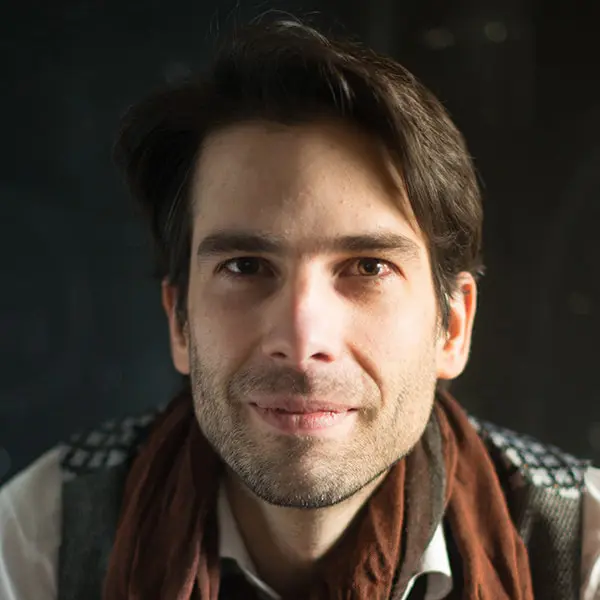
Guy Armitage is the founder of Zealous and author of “Everyone is Creative“. He is on a mission to amplify the world’s creative potential.


